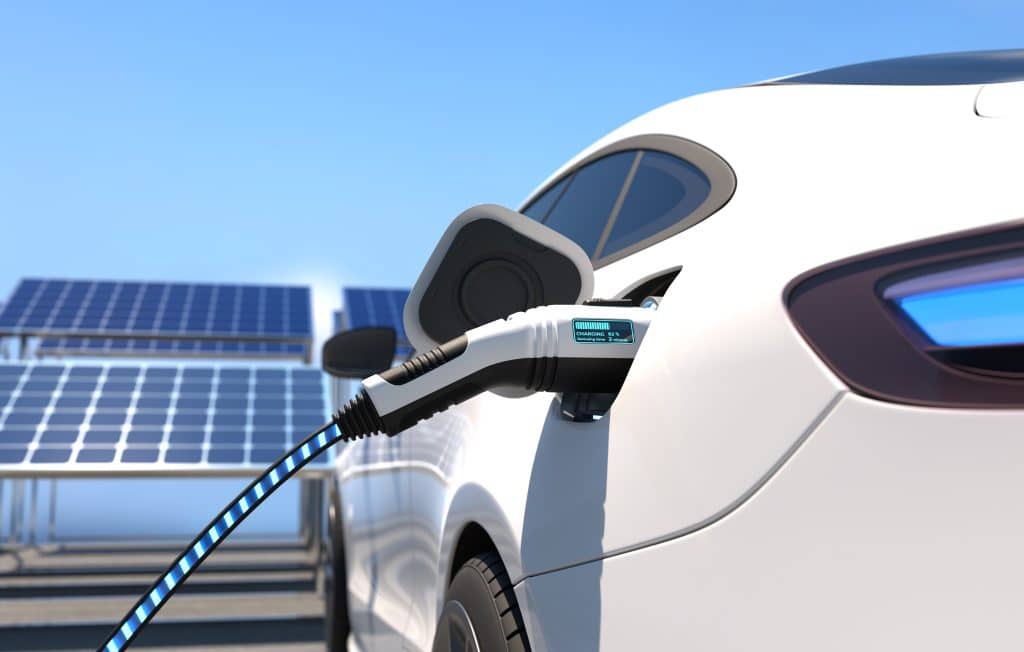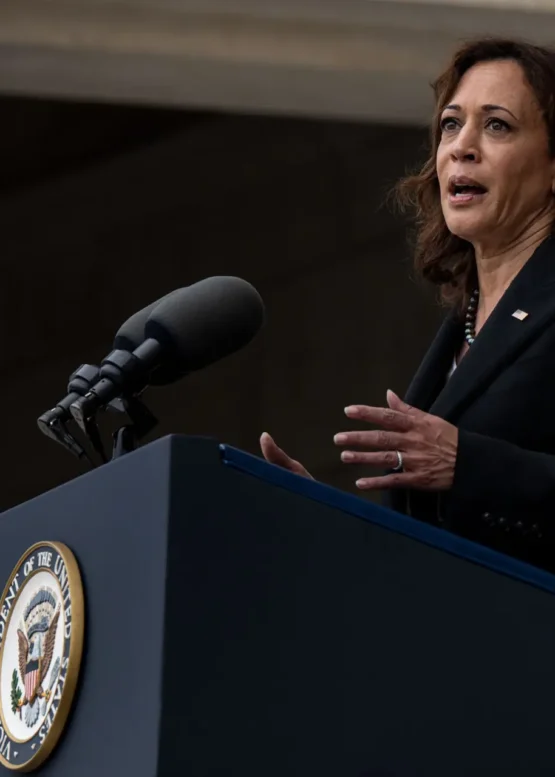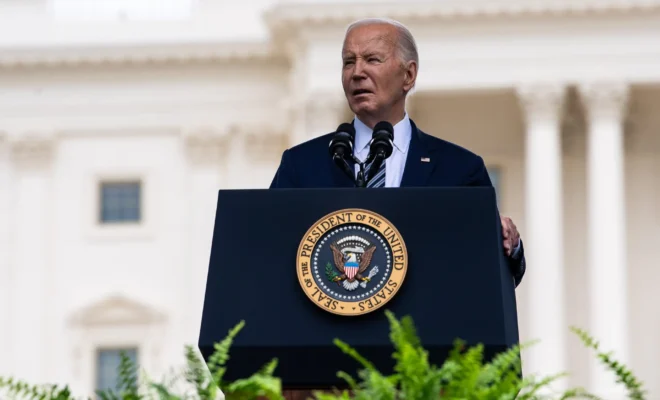The federal government is intent on helping to expand electric vehicle sales, so much so it's willing to hand out billions of dollars of tax subsidies to encourage people to make the switch to an EV.
Inside the ill-named “Inflation Reduction Act” was a section promising EV purchasers:
…a $7,500 tax credit to buy new electric vehicles and a $4,000 credit for buying a used one. Both credits would only be available to lower and middle income consumers.
That last bit is important – and just the first of many caveats and conditions that, as Reason's Joe Lancaster writes, could make it all but impossible for folks who really do want an EV to get any government assistance at all for their trouble:
Starting January 1, individuals earning over $150,000 per year or households earning over $300,000 will no longer qualify for the EV tax credit. Electric cars that retail for more than $55,000, and electric trucks and SUVs over $80,000, are also not eligible. According to Kelley Blue Book, the average price for an EV is over $65,000.
Under the IRA, the credit also depends on the materials used to assemble a vehicle's batteries. Certain minerals—chiefly lithium, cobalt, manganese, nickel, and graphite—are essential to constructing the lithium-ion batteries used in electric vehicles. Starting in 2023, qualifying for half of the $7,500 credit requires that 40 percent of the minerals used to assemble an E.V.'s battery be sourced from the U.S. or a country with which it has a free-trade agreement. To qualify for the other half, 50 percent of the battery's parts must be sourced domestically or from a free-trade partner. Each of these percentages will increase over subsequent years.
That's just the beginning of the problems with the EV giveaways embedded within the Act.
But that's the problem with subsidies in general: politicians tailor them to favor a few at the expense of the many. But in this case, not even the few who may benefit will likely be able to claim their share of everyone else's money.
Perhaps that's a bizarre – and utterly unintentional – form of economic justice. The incentive no one can get, but everyone is encouraged to claim. Hmm. Not economic justice, really, More like the theater of the absurd.
The opinions expressed in this article are those of the author and do not necessarily reflect the positions of American Liberty News.
READ NEXT: Republican Lawmaker Exposes McCarthy's Premature Office Switch >>































As far as I am concerned EV’s are a Fools Folly.
Yes, indeed! No one is talking about the fact that we do not have the NEEDED ELECTRIC POWER PRODUCTION necesary to support even 20% of the vehicals in this country, if replaced by electric vehicals. California has already BANNED charging this vehicles. Nor about the fact that this electricity is produced by coal fired and gas (oil) fired power plants.Not to mention the disposal issues of those batteries at the end of life.
The fedgov has no business interfering with the free market and many pols are already invested in EV’s which is something that is called insider trading.
Norman finally points out a democrat absurdity. I thought he was going to green light them all the way to the finish line, socialism. They must have hit a snag, huh? I guess even socialists can’t make something happen whose time has not come yet. maybe it’s not time for Marx, socialism, fascism and the rest of Biden’s plans yet either.
I’m getting pretty tired of Steve. Does the moderator just throw out stuff that the woke, leftist, scum, would find offensive?
For CA No energy=No EVs
Other EV Issues:
Battery fires
Charging times
Lack commercial chargers
Chargers NOT working
Charge time
LockIn/Out of car
Hacking
Fire when charging?
BUT plan to RENT 1.